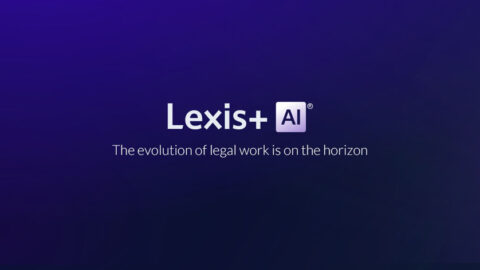Social Justice PR
Five Things The Public Must Know About Engaging SA Attorneys
By Emmie de Kock (BLC, LLB/Attorney/SA Business Coach)
LawyerFirst Coaching & Consulting (Pty) Ltd
Whether you are starting a business, facing a dispute, or planning your estate, understanding how local law firms work can save you time, money, and frustration. Before you sign a mandate or panic about legal fees, here are five things every South African should know when engaging a law firm.
- Attorneys want to help
Attorneys often walk into conversations already judged—seen as overpriced, intimidating, or out to complicate things. These preconceived ideas create distance before a word is spoken. Yet most attorneys enter the profession to help people navigate some of life’s most difficult moments—loss, conflict, uncertainty—with clarity and protection. Attorneys enter such relationship to earn trust and with an attitude to be helpful. So before assuming the worst, remember that most attorneys get their kicks from succeeding in helping people and solving problems.
- Attorneys must give written cost estimates
In terms of section 35(7) of the LPA (the Legal Practice Act), attorneys must give you a written cost estimate when you formally instruct them. Cost estimates can be sent by email or text and must outline expected fees, hourly rates, disbursements, and the stages of work involved. If an advocate may be appointed, their fees and role must also be explained. And if it is a litigation matter, you must be informed of the risks and costs of withdrawing. You must agree to costs in writing to enable the attorney to proceed. Fees are negotiable. Attorneys are also allowed to request and require deposit payments into their trust accounts before starting formal services.
- Attorneys must FICA you
Attorneys are legally required to comply with FICA (the Financial Intelligence Centre Act) before providing legal services. This means verifying your identity, residential address, and source of funds—much like banks do. It is not about suspicion; it is about preventing financial crime and ensuring legal transactions are above board. So, when your attorney asks for copies of your ID and proof of address, they are not being difficult—they are complying with a law that protects us all.
- Attorneys must pay interest on trust monies to the LPFF
Attorneys are required to keep trust accounts at approved banks to hold money for clients’ matters. These accounts are audited yearly, and attorneys must apply for a Fidelity Fund Certificate to stay legally authorised to practise. This certificate protects the public—it is proof that the attorney is part of an insurance scheme managed by the LPFF (the Legal Practice Fidelity Fund) that covers you if trust money is stolen or misused. The LPFF is mandated to collect 100% of trust interest accrued (minus recoverable bank charges) on any short term trust deposit and 5% of trust interest accrued on money invested in terms of section 86(4), which typically apply to monies held on trust for clients’ property or large commercial transactions. To avoid losing your interest on large trust investments with attorneys, you could negotiate to rather submit bank guarantees and keep your money with your own bank.
- Attorneys do not charge the same
What an attorney charges can vary depending on the type of matter and the attorney’s pricing model. Some charge by the hour, while others may offer fixed fees for certain services. Many are open to discussing payment plans or monthly retainers. In personal injury, medical malpractice or RAF (Road Accident Fund) cases, a contingency fee may apply—where the attorney is paid only if you win. For complex or high-risk matters, a success fee may be agreed upon in advance.
Understanding how attorneys work helps build trust, avoid surprises, and make legal service experiences better. An informed client isn’t just empowered—it is every good lawyer’s ideal partner.
Contact: https://www.lawyerfirst.co.za/





